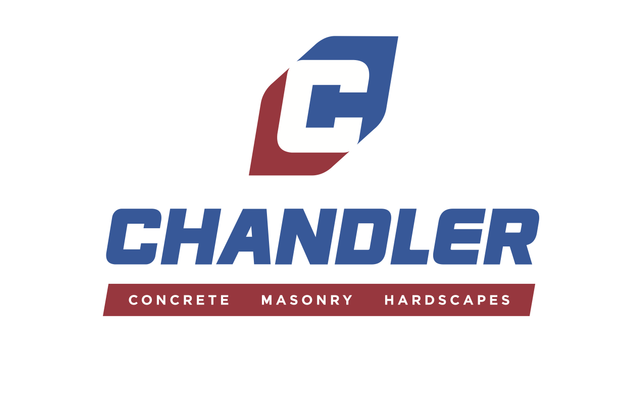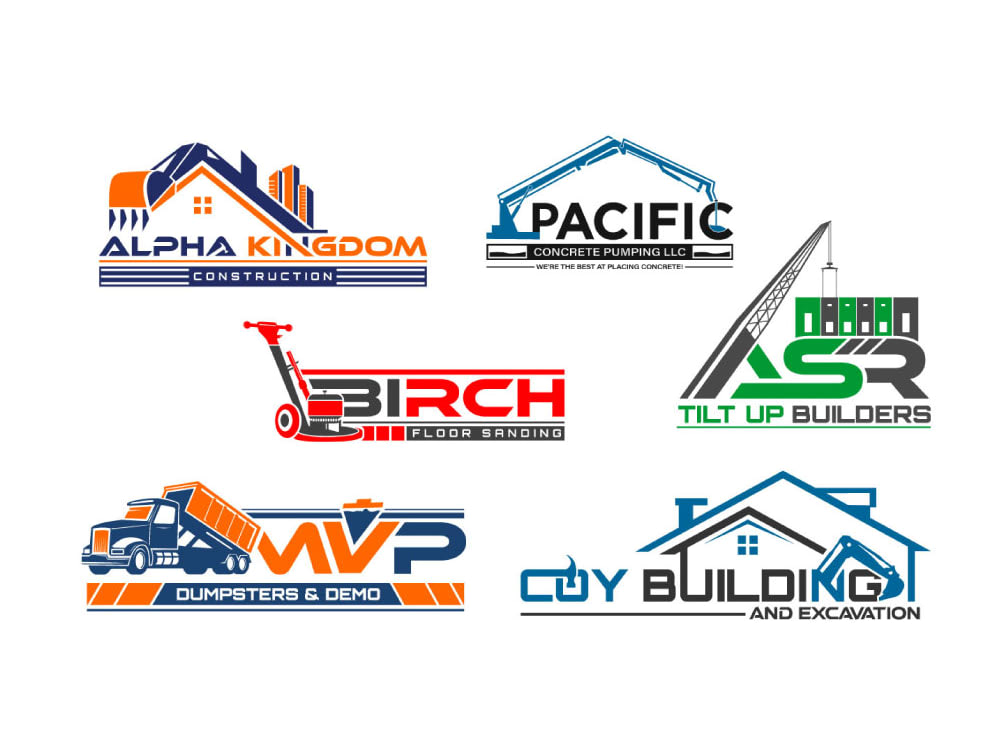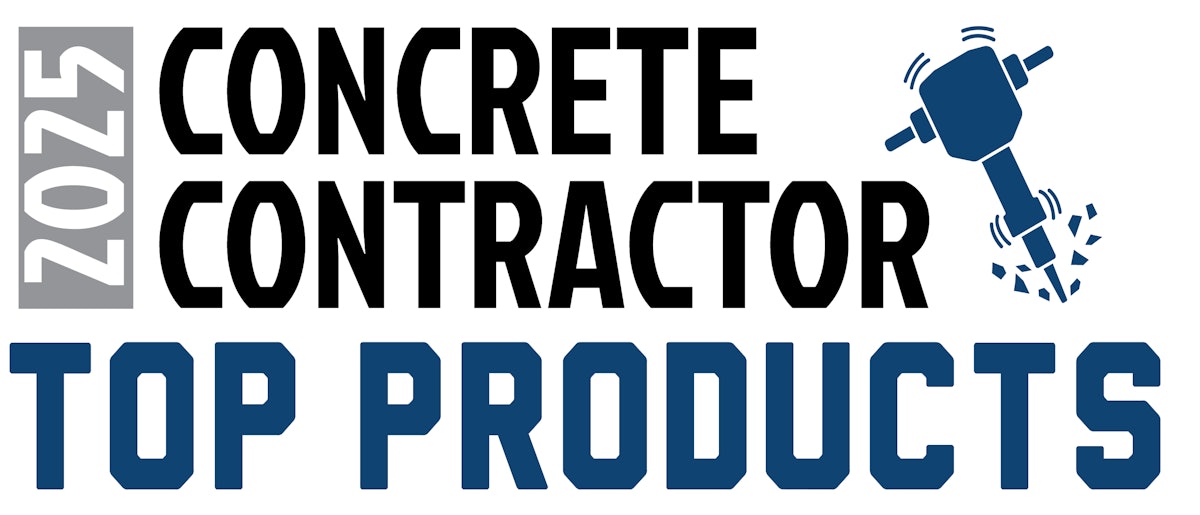The Benefits of Making Use Of Concrete Solutions for Sturdy Structures
Concrete solutions provide a variety of benefits for building resilient structures. This product is renowned for its extraordinary stamina and long life. Its resistance to ecological variables makes it a functional choice for numerous climates. Furthermore, concrete is usually a lot more cost-effective in the future. As contractors and engineers significantly explore ingenious applications, the possibility of concrete in design comes to be even much more interesting. The conversation of these advantages reveals compelling insights right into modern building methods.

Outstanding Toughness and Durability
Concrete is renowned for its extraordinary toughness and longevity, making it a favored product in construction. Concrete Companies Near Me. Its capacity to stand up to and stand up to heavy loads contortion under stress is unparalleled, which is why it is commonly used for foundational elements, sustaining frameworks, and skyscrapers. The structure of concrete, that includes concrete, water, and accumulations, permits it to attain high compressive strength, commonly surpassing that of conventional structure products like timber or steel. This strength ensures structural honesty and longevity, consequently minimizing maintenance prices in time. Additionally, concrete's sturdiness is noticeable in its capability to endure different anxieties without giving in to tear and put on, making it ideal for varied applications, from bridges to property homes. On the whole, the durable features of concrete add to its online reputation as a trusted option for building long-lasting structures that stand the examination of time
Resistance to Environmental Factors
Several building products are prone to environmental deterioration, concrete shows exceptional resistance to various variables such as dampness, temperature variations, and chemical exposure. Its intrinsic residential properties make it specifically appropriate for diverse applications, from residential structures to large facilities jobs. Concrete's reduced leaks in the structure limits water absorption, decreasing the danger of damage from freeze-thaw cycles and avoiding mold and mildew development. In addition, it preserves structural integrity when revealed to severe temperatures, making it suitable for areas with severe climates. Concrete likewise stands resilient versus chemical assaults, consisting of sulfates and acids, which can weaken other materials. This resistance is better boosted by the usage of specialized additives and therapies throughout the mixing process. On the whole, concrete's sturdiness despite environmental obstacles guarantees durability and integrity, making it a preferred choice for building contractors and designers aiming to construct withstanding frameworks.
Cost-Effectiveness Gradually
Cost-effectiveness in concrete solutions materializes as a long-term financial investment that markedly profits frameworks. This technique not only reduces upkeep expenses yet likewise improves energy performance, bring about considerable savings gradually. Recognizing these aspects is important for assessing the overall worth of long lasting concrete building and constructions.
Long-Term Financial Investment Advantages
Buying resilient frameworks returns significant lasting advantages that extend beyond initial expenditures. Concrete services, known for their effectiveness, add to a structure's long life, eventually decreasing the overall price of ownership. By using top quality materials and professional workmanship, owners can expect less repairs and replacements over time. This dependability equates into a stable property worth, making concrete building and constructions a wise monetary choice in the property market. In addition, frameworks built with concrete are typically more energy-efficient, more boosting their cost-effectiveness. Because of this, the initial financial investment in concrete services can bring about substantial savings and higher returns throughout the years, attesting the value of selecting durable choices for resilient building jobs.
Minimized Maintenance Expenses
The long life of concrete frameworks not just improves possession worth however also significantly lowers maintenance expenditures with time. Unlike products that degrade swiftly, concrete demonstrates exceptional resilience against numerous ecological variables, such as dampness, temperature changes, and bugs. This inherent resilience equates to less repair work and replacements, thus minimizing lasting prices. Additionally, the reduced absorption price of concrete restrictions problems associated with mold and mildew, which can demand costly remediation initiatives. Regular upkeep is often minimized to easy cleansing instead of comprehensive repair services, even more adding to cost-effectiveness. As a result, property owners purchasing concrete services can anticipate a considerable decrease in upkeep budget plans, making concrete a financially audio choice for resilient frameworks.
Energy Performance Cost Savings
As power effectiveness comes to be increasingly necessary in building, concrete frameworks stick out for their capability to boost long-term cost savings on energy costs. The thermal mass of concrete enables buildings to preserve steady interior temperature levels, reducing the requirement for home heating and cooling systems. This building minimizes power intake and translates to lower power expenses gradually. Additionally, concrete's durability contributes to less replacements and repairs, also improving cost-effectiveness. Additionally, modern concrete technologies, such as protected concrete types and energy-efficient mixes, improve insulation and power efficiency, causing substantial cost savings. Spending in concrete services not only benefits the setting with decreased energy use yet also supplies significant economic benefits for residential property owners in the lengthy run.
Versatility in Design and Application
Concrete's convenience in design and application permits for a vast array of personalized visual alternatives, making it appropriate for numerous building designs (Concrete Companies Near Me). Its ability to adapt to varied architectural applications enhances its capability in both household and commercial projects. This flexibility placements concrete as a favored material in contemporary building and construction
Customizable Visual Options

Varied Structural Applications
Discovering the varied structural applications of concrete exposes its exceptional flexibility in layout and functionality. Concrete is made use of in various kinds, including foundations, walls, pavements, and decorative elements, enabling it to adjust to numerous building designs. Its integral stamina and durability make it appropriate for skyscrapers, bridges, and facilities jobs. Concrete can be molded right into elaborate shapes, accommodating ingenious layouts while preserving architectural integrity. This versatility likewise reaches domestic applications, such as patio areas, driveways, and maintaining wall surfaces. Additionally, improvements in modern technology have actually resulted in the advancement of specialized concrete mixes, enhancing efficiency in certain atmospheres. This considerable applicability highlights concrete's essential role in modern-day construction, fulfilling both practical and visual demands effectively.
Low Maintenance Needs
Several residential or commercial property proprietors appreciate the reduced maintenance requirements linked with concrete frameworks. Unlike products such as wood or steel, concrete is normally immune to parasites, rot, and rust. This longevity considerably reduces the frequency and expense of repairs in time. Cracks and surface area wear can be easily attended to with very little effort, commonly calling for only periodic sealing or resurfacing.Additionally, concrete structures do not call for regular painting or discoloration, more adding to their low upkeep. This particular is especially valuable for commercial buildings, where upkeep prices can swiftly accumulate.Furthermore, concrete is less susceptible to weather-related damage, making certain that frameworks stay undamaged no matter ecological conditions. Because of this, home owners can take pleasure in the long-term benefits of concrete, including lowered labor and maintenance costs, enabling them to designate resources to other important locations of their homes. Ultimately, the low upkeep needs of concrete make it an attractive selection for developing long lasting frameworks.
Eco-Friendly Building Product
As the demand for sustainable building and construction techniques expands, concrete emerges as an environment-friendly building product that supplies countless environmental benefits. Its manufacturing can incorporate recycled materials, such as industrial by-products and waste accumulations, which lowers the requirement for virgin resources and lessens land fill waste. Additionally, concrete has the capability to regulate temperature level, therefore improving power performance in structures. This thermal mass result can cause reduced energy usage for cooling and heating, additional reducing a framework's carbon footprint.Moreover, concrete is durable and resilient, which implies structures call for fewer repair work and remodellings over time, causing much less resource use on the whole. Advancements in technology have likewise resulted in the growth of eco-friendly and low-carbon concrete formulations that decrease greenhouse gas exhausts throughout manufacturing. By focusing on concrete in building tasks, home builders can contribute to a more sustainable future while guaranteeing the long life and strength of structures.
Enhanced Home Value and Appeal
A sound concrete framework notably improves residential or commercial property value and charm, usually making it extra appealing to potential buyers or tenants. Concrete's resilience and low maintenance requirements add substantially to long-lasting investment returns. Characteristics featuring high-quality concrete constructions tend to attract greater deals due to their viewed stability and longevity. In addition, cosmetically pleasing concrete layouts, such as stamped or colored finishes, can elevate curb allure, developing a positive very first impression.Moreover, concrete structures commonly meet modern building standards, which can be a marketing point for eco mindful consumers. The power effectiveness connected with well-insulated concrete also charms to customers looking to minimize energy expenses. Overall, buying concrete services not just boosts the architectural integrity of a residential property but likewise boosts its bankability, resulting in raised property worth and a competitive side in the realty market.
Often Asked Inquiries
For how long Does It Take to Cure Concrete Effectively?
The treating process of concrete commonly takes concerning 28 days to achieve perfect stamina, although initial setting occurs within hours. Factors like temperature and moisture can influence the healing duration and efficiency significantly.
What Kinds of Concrete Provider Are Readily Available?
Numerous sorts of concrete services exist, including putting, developing, finishing, resurfacing, and attractive concrete. Concrete Contractors Near Me. Firms may also use repair service, repair, and setup of check it out concrete frameworks, dealing with both commercial and household requirements
Can Concrete Be Recycled After Its Use?
Concrete can undoubtedly be recycled after its use. When refined, it can be repurposed for brand-new construction projects, minimizing waste and promoting sustainability within the construction market while keeping structural stability in brand-new applications.
What Are the Ideal Practices for Pouring Concrete?
When putting concrete, ideal methods consist of correct website preparation, making certain suitable temperature level problems, using suitable blending ratios, preserving consistent pouring strategies, and enabling adequate treating time to boost stamina and longevity of the finished framework.
Are There Any Type Of Alternatives to Typical Concrete?
